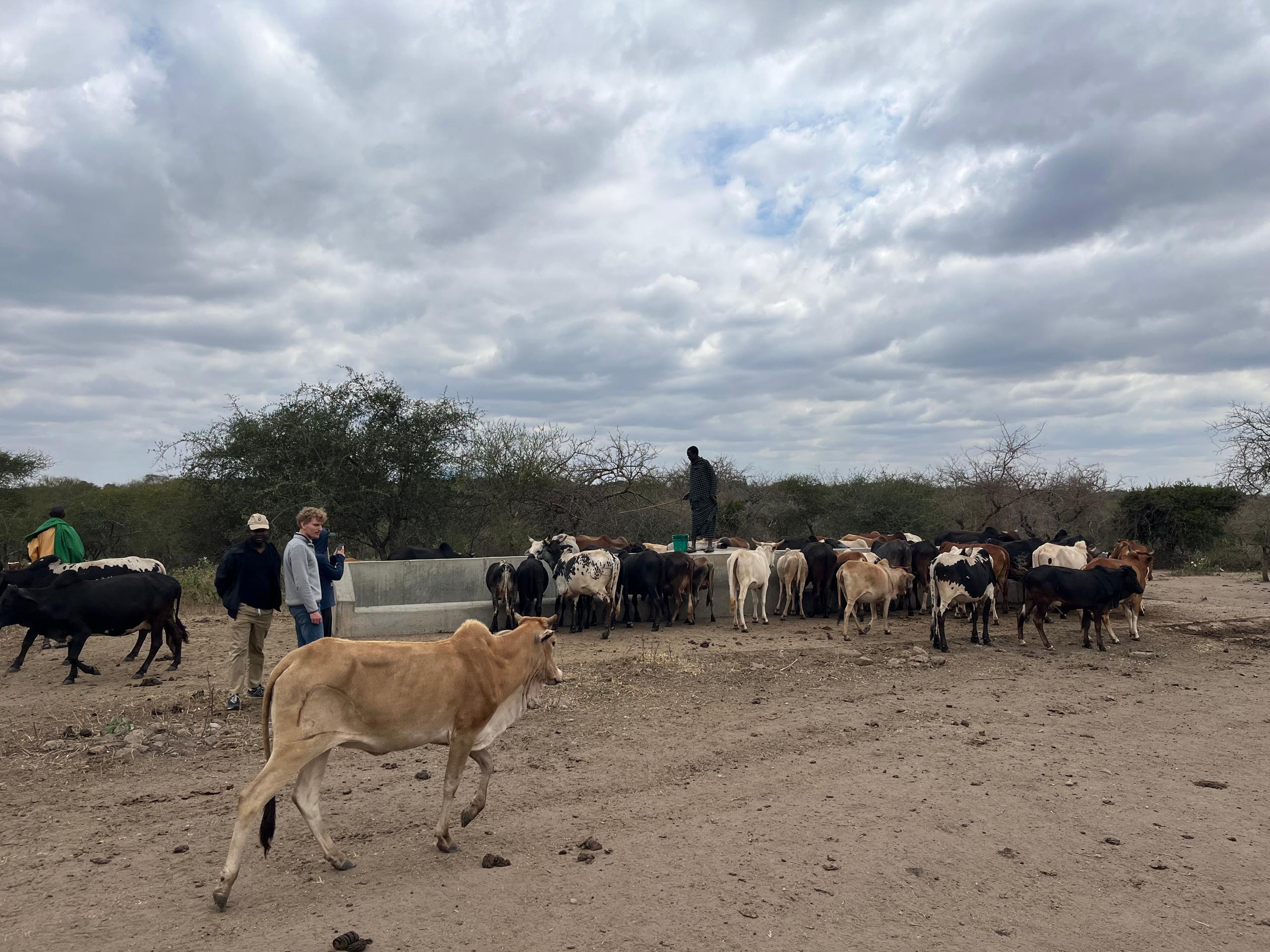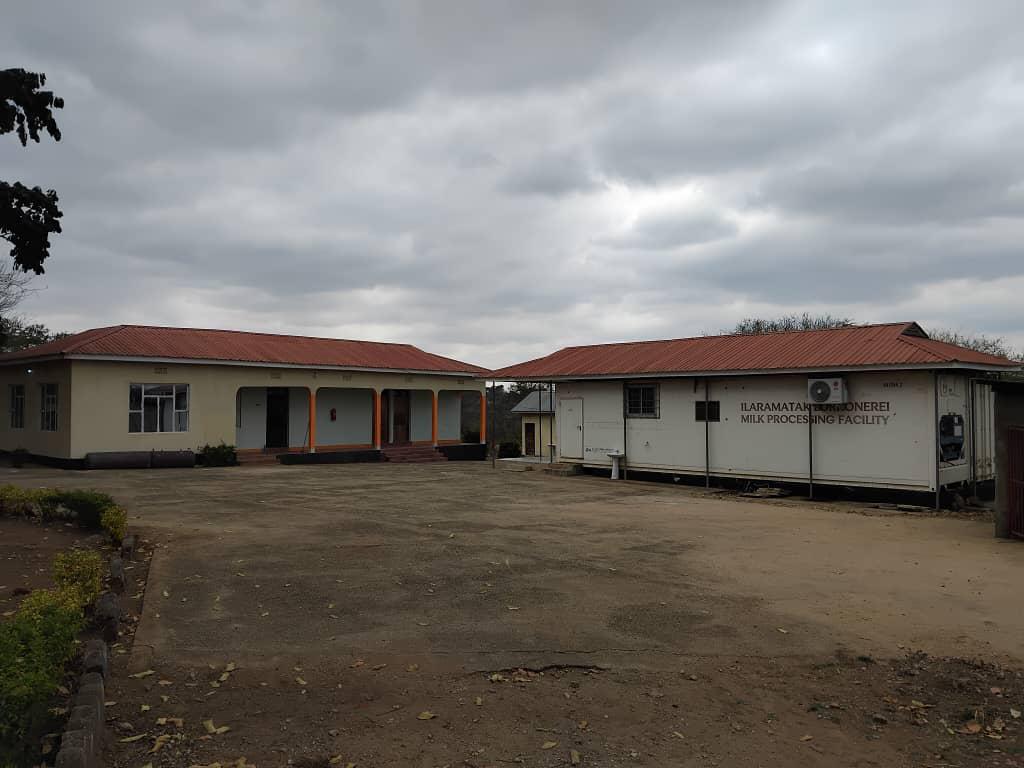Economic Empowerment
The Maasai are traditionally pastoralists, and their livelihoods largely depend on the livestock they keep. At OMASI, we work with the community to unlock the economic potential of their livestock through two key strategies: dairy processing and livestock breed improvement.
To support sustainable economic growth, OMASI works closely with Maasai communities to improve livestock breeds and a holistic approach to improve the dairy value chain with mini dairy processing being integral to it. Our approach not only enhances the productivity of cattle but also creates opportunities along the dairy value chain. Importantly, OMASI's dairy processing initiative is designed to empower Maasai women economically by integrating them in the dairy value chain. In this male-dominated society, men traditionally control all means of production—land, cattle, and income. However, women are recognized as the owners of the milk. OMASI built on this cultural practice to economically empower women by establishing dairy plants. These dairy plants enable women to directly participate in the processing, packaging and marketing of a wide range of milk products, thereby turning milk into a reliable source of income.
By supporting women's participation in the dairy economy, OMASI promotes income generation, gender equity, and improved livelihoods for Maasai families. Our approach strengthens local economies while respecting and working within the cultural dynamics of the community.

